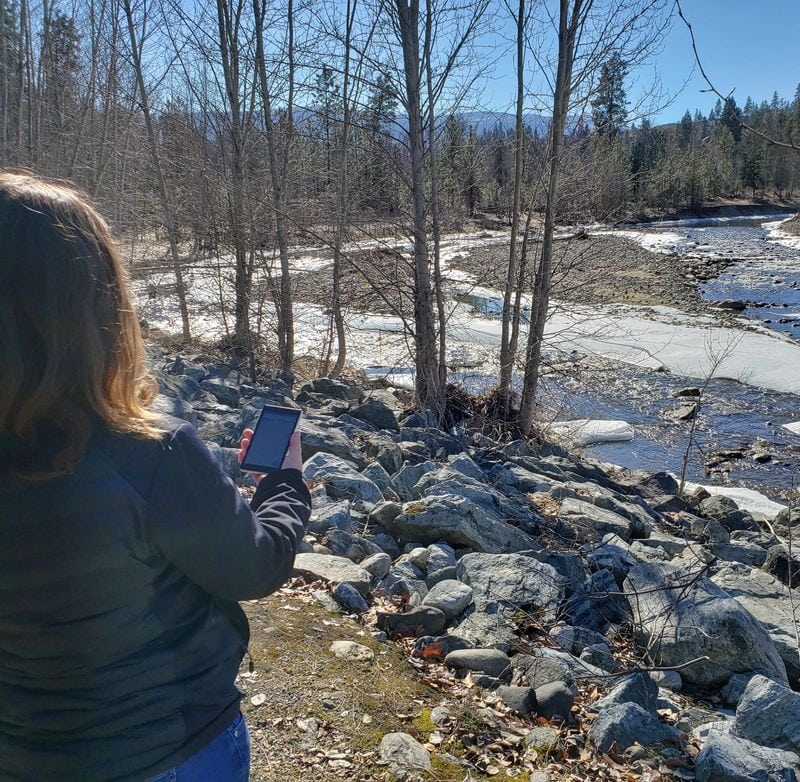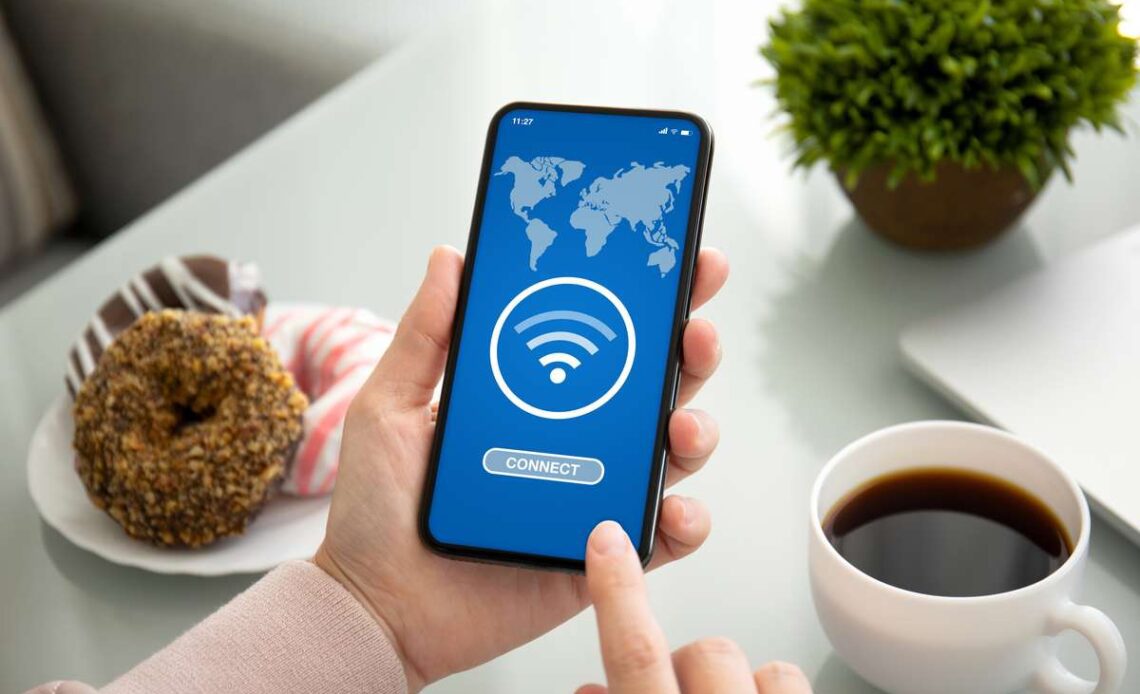Last updated:
We’ve all been there – your flight touches down in a new country, and the first thing you do is hunt frantically for a good Wi-Fi signal.
In the 15 years since we started this blog, we’ve used free Wi-Fi in airports, restaurants, hotels, pubs, public libraries, and even national parks. So yes, we’ve been stuck searching for free Wi-Fi too. The problem is, today there are more online dangers than ever.
How to Safely Use Public Wi-Fi on Your Travels: Navigating the Digital Seas Abroad
Free public Wi-Fi is a traveler’s best friend for staying connected, but it can also be a playground for digital pirates. Public Wi-Fi can be unsecured and vulnerable, meaning that hackers can use these weaknesses to steal your personal information or install malicious software on your devices without you knowing.
However, fear not! We’ve got you covered with a quick guide on how to safely surf the net abroad.

Your Digital Lifejacket: Using VPNs
One of the safest ways to surf the open internet is to use a VPN.
Think of a VPN as your personal digital lifejacket. It keeps your online activities encrypted and hidden from prying eyes. It essentially gives you end to end encryption to protect you from any untrustworthy “middle men” that might be listening in on your online connection.
So, before you even think of logging into that café Wi-Fi, turn on a reputable, trustworthy VPN like ExpressVPN.
Regardless of which VPN provider you go with, make sure it has encryption and a no stored logs policy. Unlike in nature, when online, it’s always wise to never leave footprints and to always leave the trash where you found it.
Spotting Safe Harbors: Identifying Secure Wi-Fi Networks
Before you connect, let’s talk safety. Not all Wi-Fi networks are created equal. At a bare minimum, look for networks that require a password, which is at least a sign someone has thought of security. Even an open network that belongs to a well known business makes you go through a few hoops to finally get online. That’s usually not a bad thing.

Beware of Digital Doppelgängers: Evil Twin Hotspots
Evil twin Wi-Fi hotspots often mimic legitimate Wi-Fi hotspots. These are WiFi traps with real sounding names set by cybercriminals hoping to snag you in and steal your data. Once you log into them, everything you do online, from checking your bank accounts and email to posting pictures on social media goes…
Click Here to Read the Full Original Article at The Barefoot Nomad…
